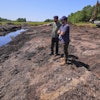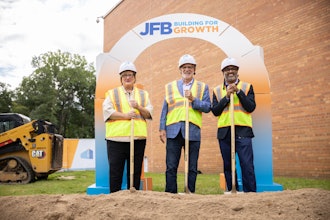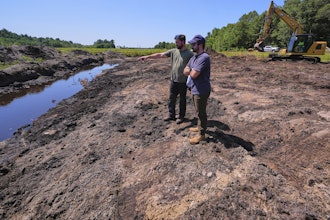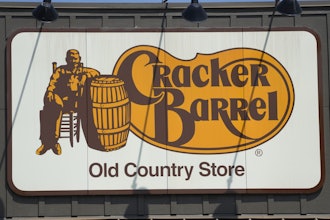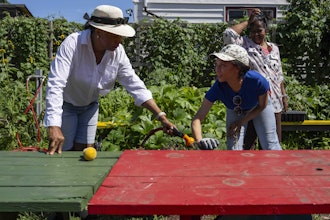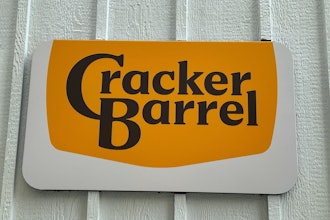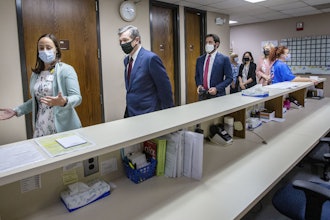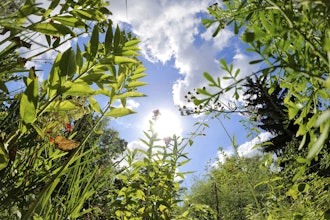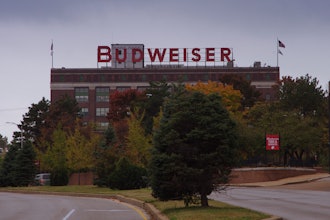
Treehouse California Almonds, a leading provider of premium quality almond ingredients to the world’s leading food companies and an award-winning pioneer in the sustainable farming category, announced it is partnering with California-based biochar producer Sitos Group to launch a $9 million slow pyrolysis biochar manufacturing facility in Delano, California.
The 25,000-square-foot facility, the first commercial system with a direct tie to agriculture on the West Coast, is expected to be fully operational by the end of 2025. This project will transform almond shells, processed through Treehouse Almond's hulling and shelling operations, into biochar—repurposing agricultural co-products for sustainable use. The $9 million facility is currently funded by private investment from Sitos Group shareholders and will ultimately be funded through New Markets Tax Credits.
Biochar, a porous and lightweight carbon-rich material produced through pyrolysis of biomass, offers multiple environmental and agricultural benefits. Its stable carbon structure resists decomposition, preventing the release of methane (CO2) back into the atmosphere and instead sequesters it in soil for centuries acting as a natural coral reef. This long-term carbon sink enhances soil quality by improving moisture retention, increasing nutrient holding capacity, and providing a favorable habitat for beneficial microorganisms. As a result, biochar application often leads to improved crop yields, particularly in nutrient-poor or degraded soils, while reducing the need for chemical fertilizers. Beyond its agricultural advantages, biochar contributes to environmental sustainability by aiding in soil remediation, reducing nutrient runoff, and offering a solution for organic waste management, thus playing a crucial role in both sustainable agriculture and climate change mitigation.
Biochar is now being included as a promising negative emission in a special report by the United Nations Intergovernmental Panel on Climate Change (IPCC). According to Inside Climate News, 125,000 tons of CO2 were removed worldwide by the durable carbon market – a carbon credit marketplace for human CO2 removal projects – of which biochar was responsible for some 93 percent.
When complete, the Delano slow pyrolysis plant will be able to handle six thousand pounds of almond shell feedstock per hour. The scalable technology produces high-quality biochar and gives new purpose for otherwise costly byproduct. The plant will feature three slow-pyrolysis units, placed side by side, operating as a single unit, a fully integrated drying system with emissions and dust control, and Organic Rankine Cycle (ORC) generators to repurpose heat energy from the pyrolysis units into clean electricity that will support the local power grid. Further, the site offers a sustainable solution for almond growers to improve their carbon footprint and promotes the creation of a more regenerative future while serving as an educational hub for nature-based carbon dioxide removal (CDR) through biochar.


